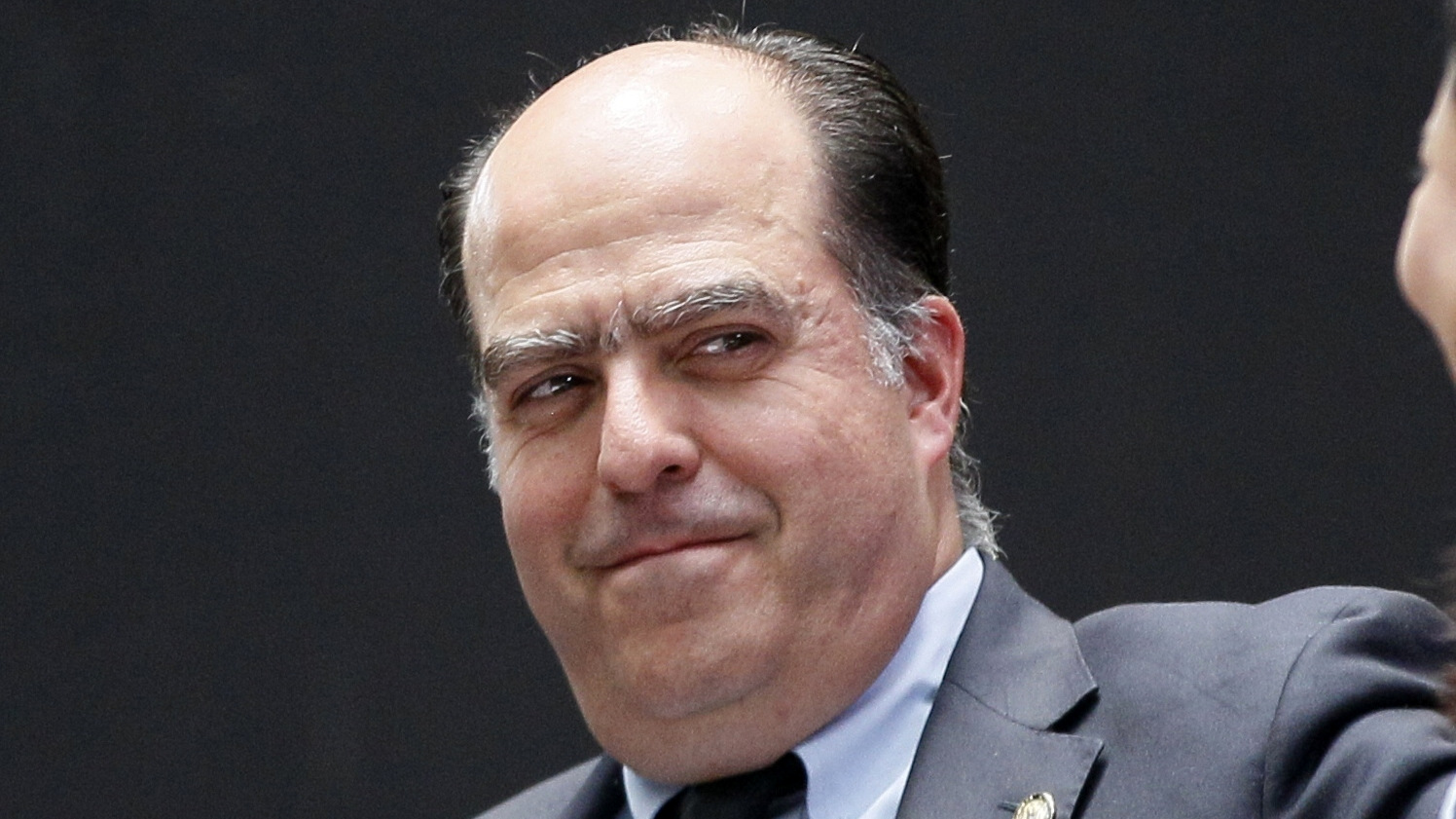
Venezuelan opposition leaders have accused the major Wall Street investment bank, Goldman Sachs, of supporting a “dictatorial regime” for purchasing US$2.8 billion in bonds from the Venezuelan national oil company PDVSA, in spite of the fact that the purchase is a boost to the Venezuelan economy, Reuters reported.
“Goldman Sachs has made an immoral agreement that makes them complicit in the violation of human rights in Venezuela,” President of the Opposition-controlled Venezuelan National Assembly, Julio Borges, said Tuesday on his Twitter account.
“To extend a lifeline of US$2.8 billion to the dictatorship of Nicolas Maduro, Goldman Sachs is now complicit in the repression and the abuses of human rights in our country, that have resulted in more than 50 deaths and thousands of injuries,” Borges said in a letter to Goldman Sachs.
Goldman Sachs confirmed the purchase, but denied any interaction with or connection to the Venezuelan Government of President Nicolas Maduro, having purchased the bonds on a “secondary market from a broker,” Reuters reported.
With crude prices remaining largely stagnant, and PDVSA royalties accounting for a majority of Venezuela’s income, the US$2.8 billion dollar bond deal that the opposition is opposing is a much needed economic boost for the country experiencing an ongoing recession.
International revenues for the Venezuelan government rose by around US$749 million on Thursday and Friday, according to Reuters.
“Tonight, millions of venezuelans will go to bed hungry and without the possibility of obtaining the medicines that they need, or tired and bloody following their legitimate peaceful protests for democracy and the right to vote, as victims of a brutal regime that Goldman Sachs decided to support,” he continued.
Although the opposition has claimed that the economic recession, which was triggered by stagnant oil prices and has resulted in shortages of certain imports, is largely the fault of the current Bolivarian government and uses it to justify the protests, this is not the first time they have attempted to block measures that would improve the economic situation in the country.
The opposition-controlled National Assembly has repeatedly blocked efforts at debt refinancing and other efforts by the government to remedy the ongoing economic crisis. Last month, Borges sent over a dozen letters to international banks requesting that they refuse to service transactions with the Venezuelan government.
Although regional elections are scheduled for December, and Presidential elections for 2018 as required by the constitution, Borges, and other opposition leaders have called for protests calling for the government’s removal to continue. The protests have often become violent, and have resulted in more than 60 casualties. Although opposition media frequently attributed the deaths to government “repression” of protests, reports indicate that the majority of deaths have not been protesters.
© teleSUR

